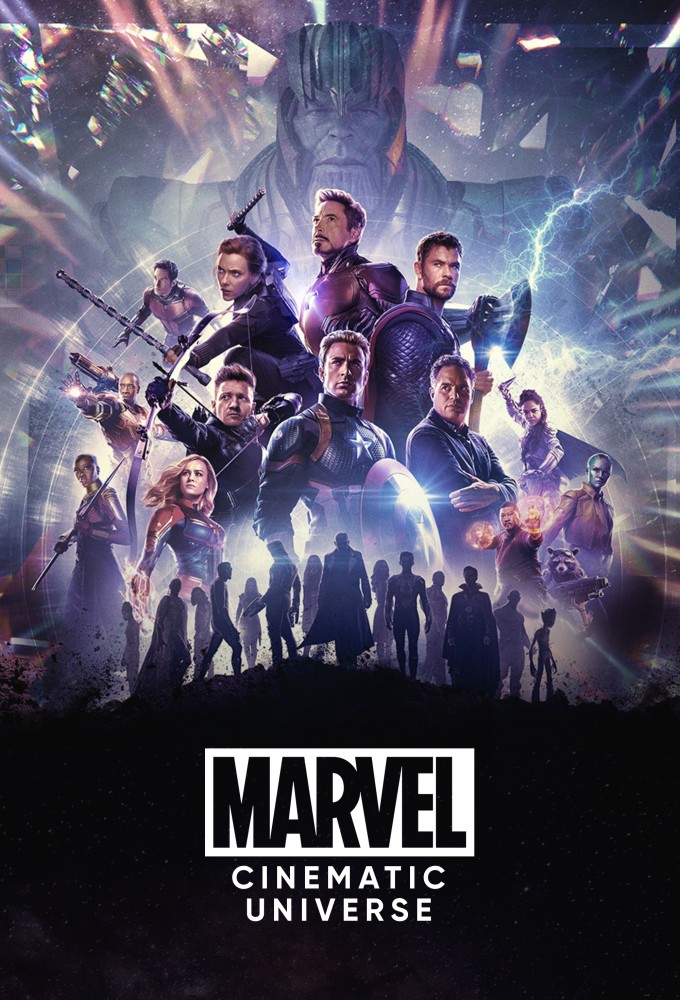Menu

The Marvel Cinematic Universe (MCU) has undeniably left an indelible mark on popular culture. From its humble beginnings with Iron Man in 2008 to its current, somewhat uncertain, state, the MCU’s journey is a fascinating case study in franchise building, creative evolution, and the cyclical nature of cinematic success. This post will explore the MCU’s rise to dominance, its recent perceived downturn, and potential pathways for future success.
The early phases of the MCU were a masterclass in calculated risk-taking. Each film, while distinct, contributed to a larger narrative, carefully weaving together individual character arcs into a cohesive whole. The interconnectedness, a novel approach at the time, captivated audiences, fostering a sense of community and anticipation for future installments. The success of The Avengers (2012) cemented the MCU’s position as a cultural phenomenon.

This initial success wasn’t accidental. Marvel Studios meticulously planned their strategy, focusing on strong character development, compelling storylines, and a consistent tone across their films. The casting choices were impeccable, and the directors, while diverse in style, maintained a shared vision.
The culmination of Phases 1-3, Avengers: Endgame (2019), stands as a testament to this meticulous planning. It broke box office records and delivered a satisfying conclusion (at least for some) to a decade-long narrative. The MCU had conquered the world.
Phase 4, however, marked a noticeable shift. While introducing diverse characters and exploring new corners of the MCU, the overall quality and consistency felt less cohesive. Some critics argued that the focus shifted from character-driven narratives to a more formulaic, action-heavy approach. The interconnectedness, once a strength, sometimes felt forced or convoluted.
The pandemic also played a significant role. The release schedule was disrupted, and the theatrical experience, integral to the MCU’s success, was compromised. The increased reliance on streaming platforms, while expanding the audience, potentially diluted the cinematic experience for some viewers.

The introduction of the multiverse, while conceptually exciting, arguably added to the narrative complexity, potentially alienating some long-time fans who preferred the more grounded storylines of earlier phases. The sheer volume of content released also led to a sense of “MCU fatigue” for some audiences.
Despite the perceived dip in quality, the MCU remains a powerful brand. Disney’s vast resources and the enduring appeal of superhero stories ensure its continued relevance. However, to regain its former glory, Marvel Studios needs to address the challenges it currently faces.
This might involve a return to a more focused narrative approach, prioritizing quality over quantity. Investing in more original storylines and characters, while still leveraging the existing universe, could also revitalise the franchise. Finding a balance between theatrical releases and streaming content is also crucial.
Ultimately, the MCU’s future depends on its ability to adapt and evolve. By learning from its past successes and addressing its current shortcomings, Marvel Studios can navigate the challenges ahead and potentially reignite the magic that once captivated global audiences.
The journey of the MCU is a testament to the power of strategic planning and the enduring appeal of superhero stories. While its recent phases have presented challenges, the franchise’s potential remains immense. By focusing on quality, originality, and a clear narrative direction, the MCU can reclaim its position as a cinematic powerhouse. The question isn’t whether it *can* recover, but whether it *will*.
What are your thoughts on the MCU’s trajectory? Share your opinions in the comments below!